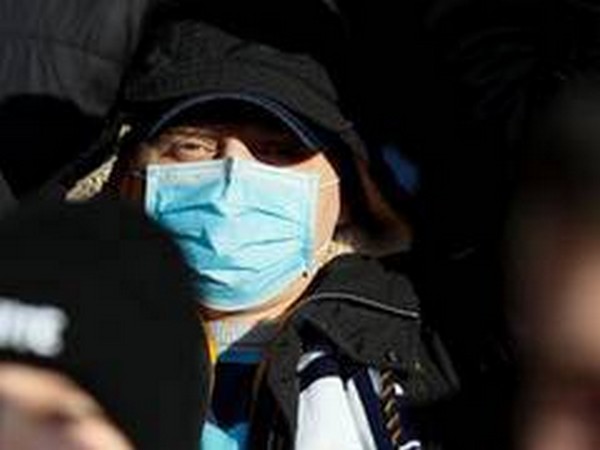European countries reimpose curbs as Covid-19 cases rise again
London: Europe has once again become the ‘epicentre’ of the coronavirus disease (Covid-19) pandemic, as fresh cases of the viral illness are on the rise in various countries across the continent.
According to the European Medicines Agency (EMA), the European Union’s (EU) diseases agency, 10 countries in the 27-member bloc are facing a situation of ‘high concern.’
Here’s what countries are doing to control the situation:
(1.) The Netherlands: A three-week partial lockdown, western Europe’s first since the summer, will come into effect from Saturday. Restaurants and shops will have to close early, while sports events will take place with fans not allowed to attend.
(2.) Germany: From Saturday, free Covid-19 tests will be reintroduced in the country. Also, measures such as compulsory face masks and social distancing in public spaces will continue to be in effect till March next year.
(3.) Austria: The Austrian government is expected to decide and announce on Sunday if a lockdown would be in place for those yet to take a Covid-19 jab.
(4.) Norway: Every Norwegian aged 18 and above will be offered a booster dose of a coronavirus vaccine. This is in addition to people aged 65 and older who are already being offered a booster dose. Also, municipalities will have the option of using ‘digital corona passes.’
(5.) Italy: From December 1, the Italian government, too, will offer a booster dose, doing so for citizens who are 40-years-old or above. Measures such as spacing, masks and vaccine mandates for indoor venues are essential as well.
(6.) Latvia: The Latvian parliament on Friday voted in favour of a proposal to ban from voting lawmakers who refuse to be inoculated. A four-week lockdown, which was imposed in mid-October, is already in place one of the EU’s least vaccinated countries.
(7.) Iceland: For the second time since the start of November, Iceland on Friday announced further tightening of its Covid-19 rules. Public gatherings have been limited to 50 instead of the earlier 500, while swimming pools and sporting venues can operate at a maximum seating capacity of 75 per cent.



Comments are closed.